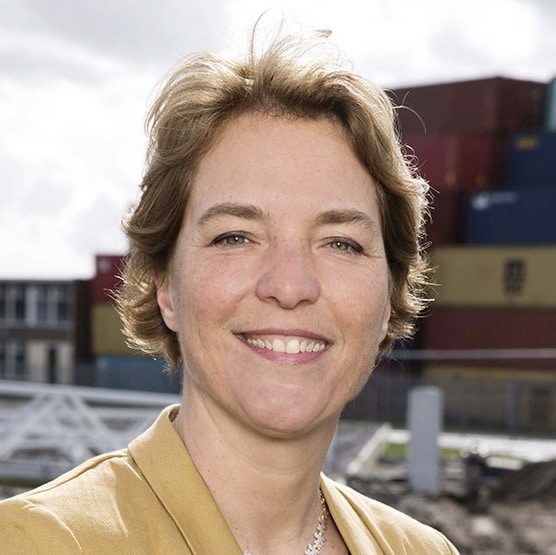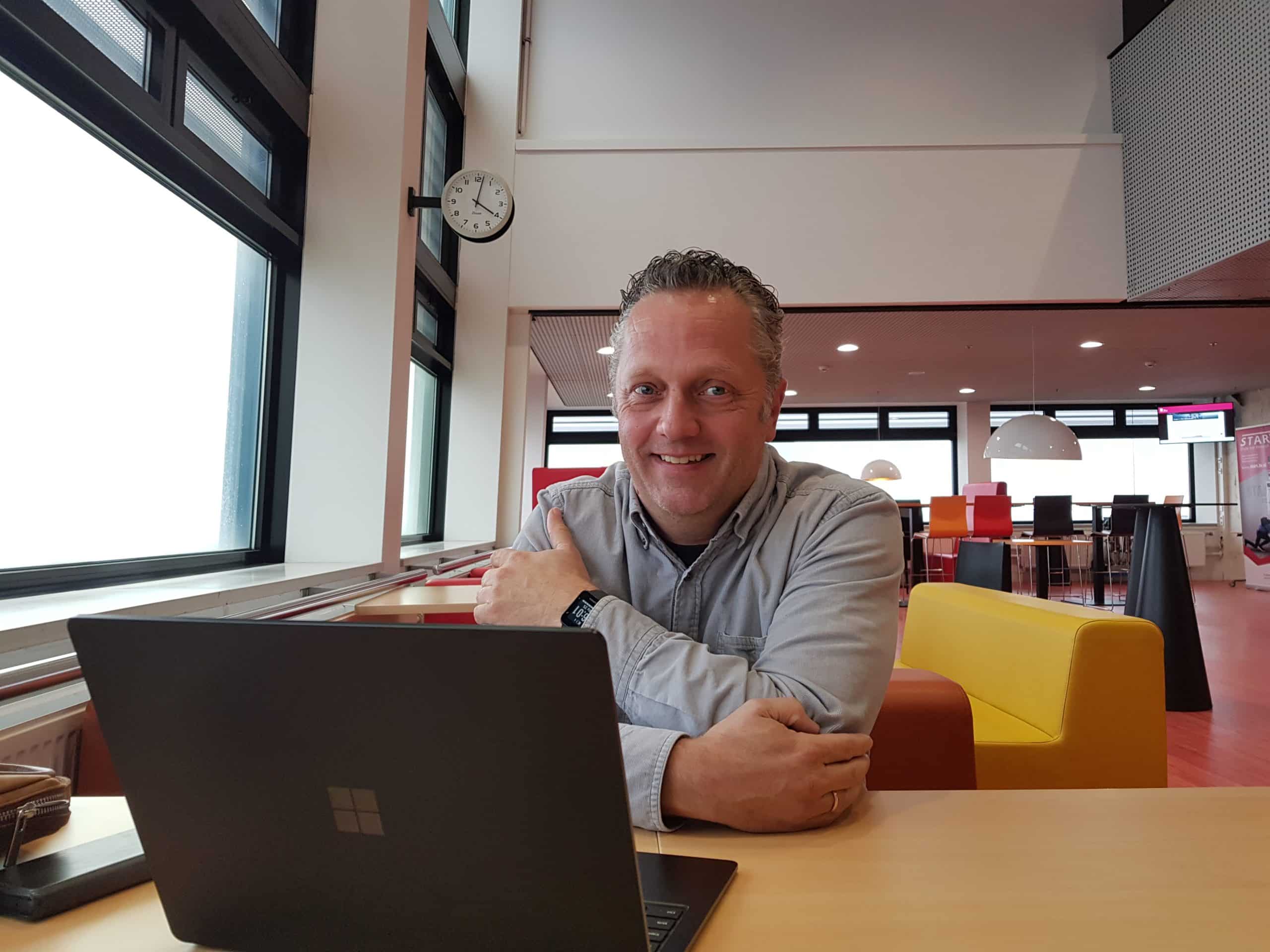3 questions for
Ramon van Hal
1. Why do you like the field that you work in and why is it important?
I always liked ships, trains and airplanes. The enormous power of these machines, crossing countries, hammering through skies and seas every day. Logistics became early in my career a part of that interest. After a career in retail and international trade in my twenties, I started working as a freight forwarder in 2000. I never took a task for granted, wanted to know why things were done a certain way, how they were done and what the results were. Process thinking and curiosity became part of my mindset and they still are.
When you see the port as it was, it now is and how it develops, with curiosity and interest. Looking further and connect Europe and the World to it, shipping and transport becomes more than just a box on a boat.
I think this is important because our world of ships is no longer just a box on that boat. It’s a global enterprise in which economy and trade, innovation, environment and sustainability are becoming more important every day. Urban development, people having their homes and families near the water. Their welfare and jobs, relying on the port. All combined in reinventing tasks and activities for a sustainable future.
My job now is presenting this world of shipping and transport to students, professionals, the port and the city during my lessons, webinars, presentations and as a speaker at conferences and events. Sharing my knowledge and curiosity.
2. What do you think is the most important development in your field (and why)?
In twenty five years’ time, shipping and transport has developed itself from being a passive money making business with no real interest in cooperation, innovation and development beside getting bigger, into a new world with local and global interests. Sustainability, smart thinking, connecting modalities, infrastructure, freight and the workforce. With a dare to invest and looking forward. Mostly forced by global developments on sustainability and environmental goals, the need for more efficiency, cooperation and having less available employees. But they are taking the lead and want to be a part of the supply chain instead of ‘just being a machine that moves freight’.
3. What is the most urgent lesson you would like to teach young professionals that are new in the field?
Shipping and transport has an image of getting dirty hands on a cold and wet quay. These jobs are there and are very important for the physical movement of freight. We need those people.
But it’s so much more than that. It’s an international world in which skilled people are needed. With knowledge about logistics, how it’s done and can be developed. How ships are operated on board and from the port, as a machine or as a modality. Also by using new sources of energy. Data driven by interfacing databases and sharing local and global information. Building new applications and tools for innovation. We don’t want to be bigger, we want to be smarter. This is where we need fresh minds with ideas and knowledge. Reinventing what is here now into what we need tomorrow.
Want to know more?

Wencke Boerrigter
Managing Director
